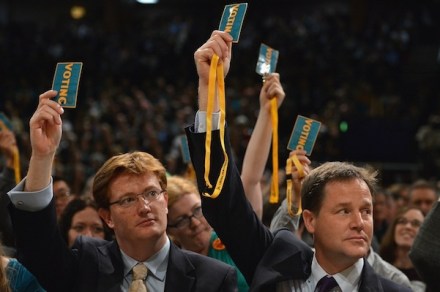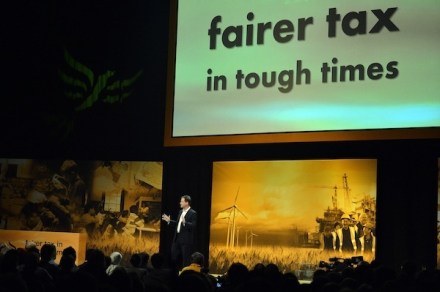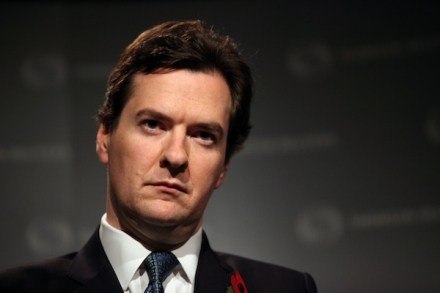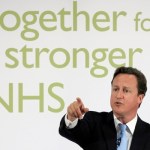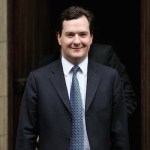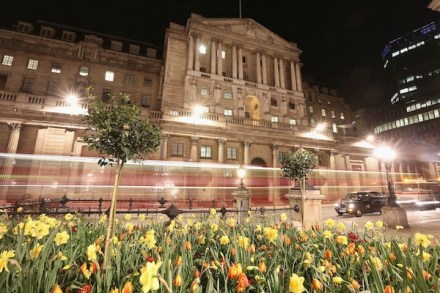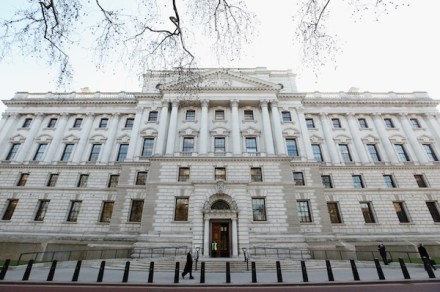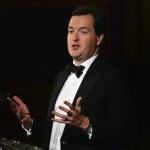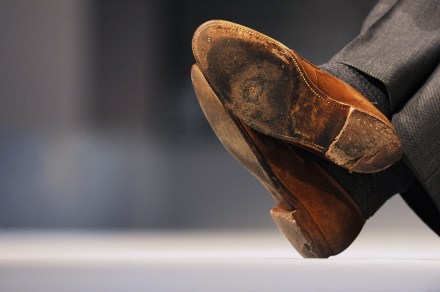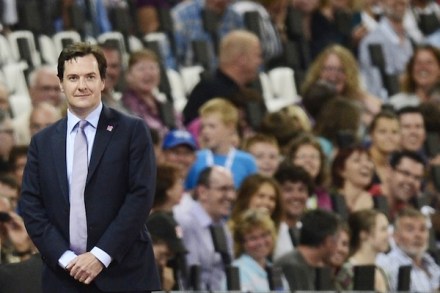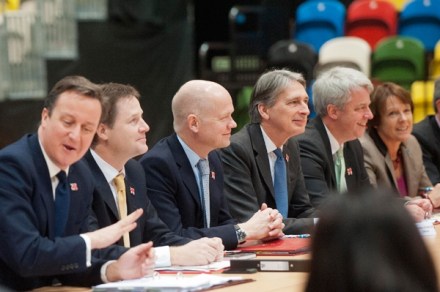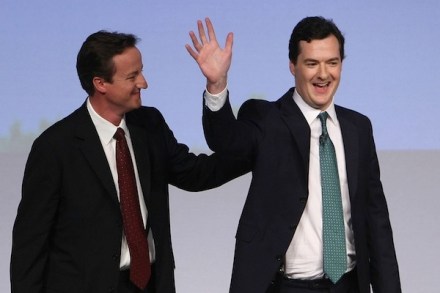Lib Dem conference: Danny Alexander reaffirms support for Osborne’s Plan A
Danny Alexander had reason to be very chuffed this morning when his party gave its overwhelming support to a motion he tabled, praising George Osborne’s Plan A for the economy. The motion also welcomed the recent infrastructure announcements from the government, underlining that these investments were possible as a result of the government’s ‘hard-won fiscal credibility’. This motion was about reminding Liberal Democrats of the cause the coalition had united over, and the Chief Secretary to the Treasury took care to present Labour as the villains in this, insisting that ‘Labour is wrong on the economy’. But that didn’t stop some activists pushing a rival amendment — which was overwhelmingly
